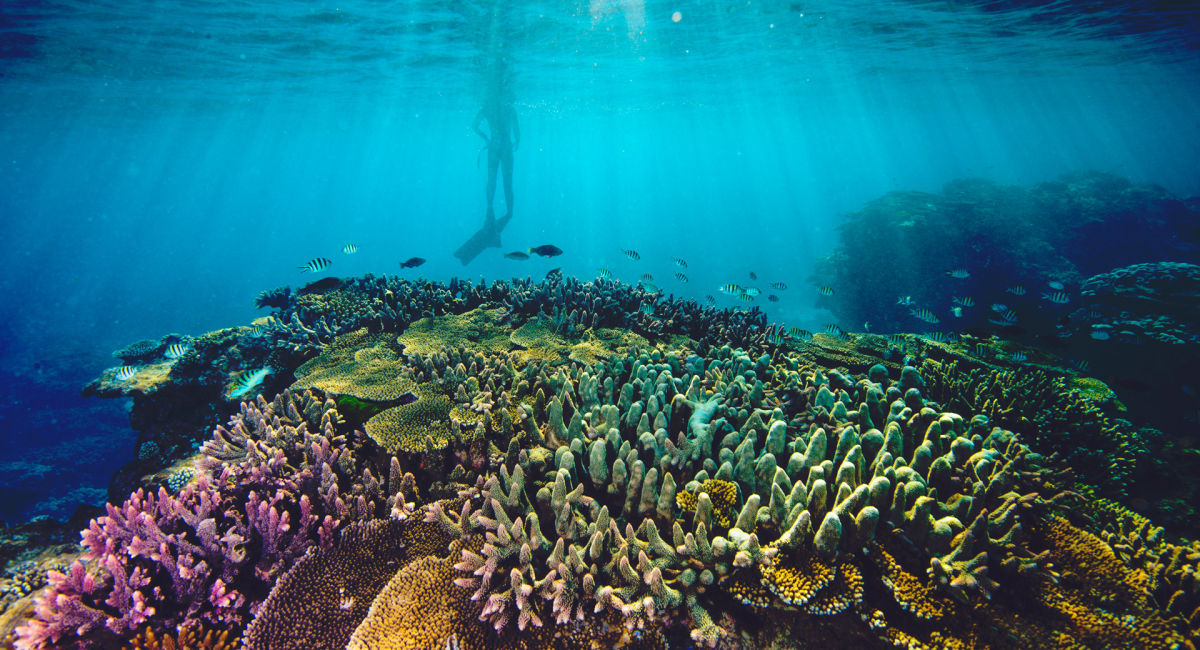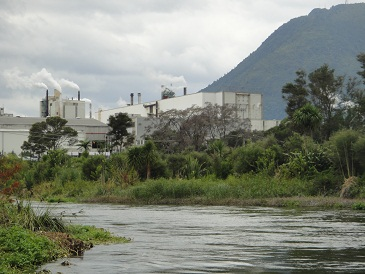Activity 1: Off the Menu [4 points]
Fishing is a really common activity in New Zealand. In fact, people have fished in New Zealand for centuries. Unfortunately, over the past few decades some people have caught too many fish in one area and left the region without enough fish to refill (replenish) the stocks. When this happens we call the area ‘overfished’ and it is closed to all private and commercial fishing. If people are caught fishing in these areas, they are required to pay a fine (money). The maximum fine for fishing in a restricted area is $100 000.
What do you think about this rule? Is it fair that people are charged up to $100 000 for overfishing?
On your blog, tell us what you think about this rule and why you think it!
I agree with it but I think it is a bit too much money. Some people might just be fishing because they don't have enough money to buy fish from the supermarket. This then puts emotional strain on them because they don't have enough money.

Activity 2: The Black Drain 

Approximately two-thirds of all rivers and one-half of all lakes in New Zealand are too polluted to swim in, according to a recent article in an online newspaper. One of the most polluted is the Tarawera River in the Bay of Plenty region of New Zealand. Pollution enters the river from a local pulp and paper mill, from local farms and through the local sewage system. Many other rivers in New Zealand are also polluted with waste from businesses and farms.
Use Google to help you find two other polluted rivers in New Zealand.
On your blog, tell us:
1) The names of the rivers.
2) The location of the rivers.
3) What is being done to clean up the rivers (if anything).
Activity 3: Faded Glory
The Great Barrier Reef is the world’s largest coral reef system, made up of 2900 individual reefs. It is so big that it can actually be seen from space! The reef is located on the east coast of Australia and many people believe that it is millions and millions of years old. For most of its life, the reef has been a healthy, vibrant ecosystem. Over the past thirty years, however, it has changed dramatically. Much of the beautiful bright coral has become bleached and has lost its colour. Sections of the reef have also been damaged by tourists, cyclones and the introduction of new, damaging invasive species.
The Australian government is working to protect and preserve the reef. Each year they spend about $200 million dollars repairing and protecting the reef. It is a lot of money and they could really use some help raising the money (funds) required to repair the reef. This is where you come in!
On your blog, list three different ideas or strategies for raising funds to preserve the Great Barrier Reef. What could you do to fundraise here in New Zealand?
1. Perform Kapahaka. There would be a sign to inform people what we are fundraising for and see that we are fundraising for a good cause.
2. Bake sale. Who doesn't like some homemade baking?! You could be as creative as you like. You could have theme's (namely under the sea because, well... Great Barrier Reef), you could go all out, making great big cakes. The possibilities are endless.
3. Raffles. You could make heaps of cool and fun prize bundles. Again, like the bake sale, the possibilities are endless.
Hi Taleisha,
ReplyDeleteCan you see my previous comment? It says it published, however, has disappeared... Anyway, well done on another activity! I really enjoed reading your view on the fines for people who fish in overfished areas. I agree that $100,000 seems like a lot! I would like to think that you'd have to have caught a large number of fish in order to be given that fine. Do you like fishing?
Talk to you soon,
Georgia.
Kia ora Georgia!
ReplyDeleteYes, I just replied to it! That's strange. I have never seen that before. Any who. Thank you for the positive comment!
Taleisha
Kia Ora Taleisha,
ReplyDeleteGreat Job with completing this days activities. I like how you wrote what you felt about this.
Keep up the great work,
Alexandria.